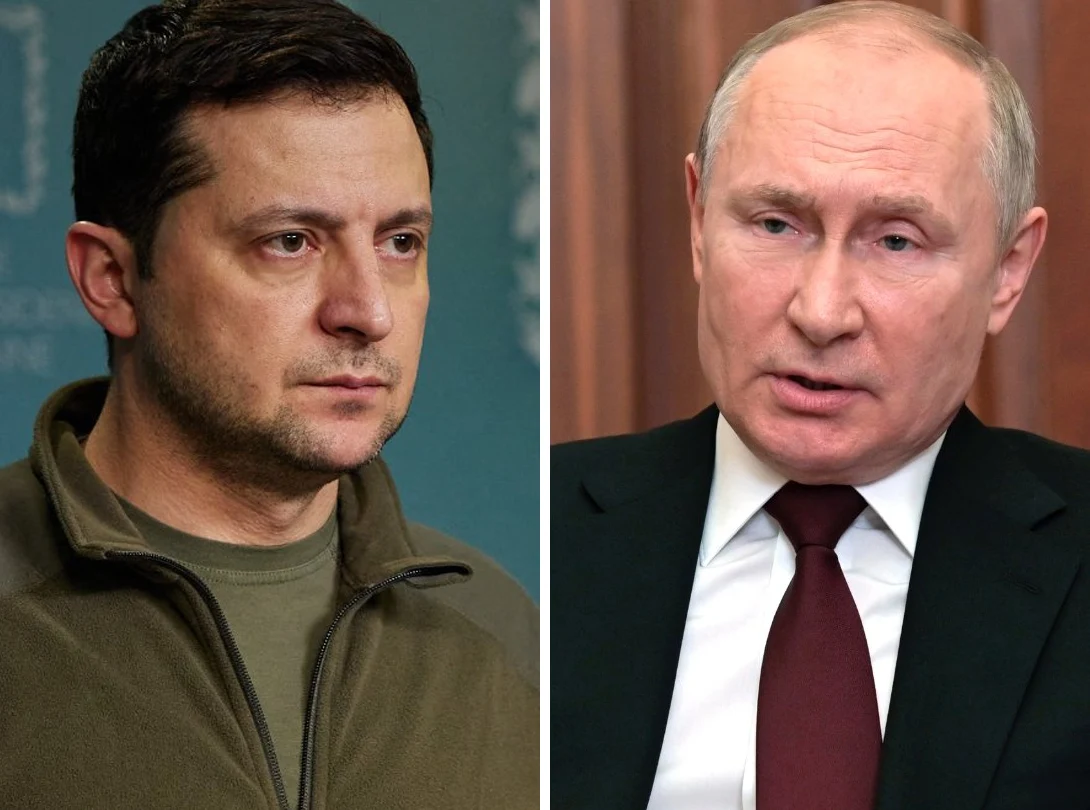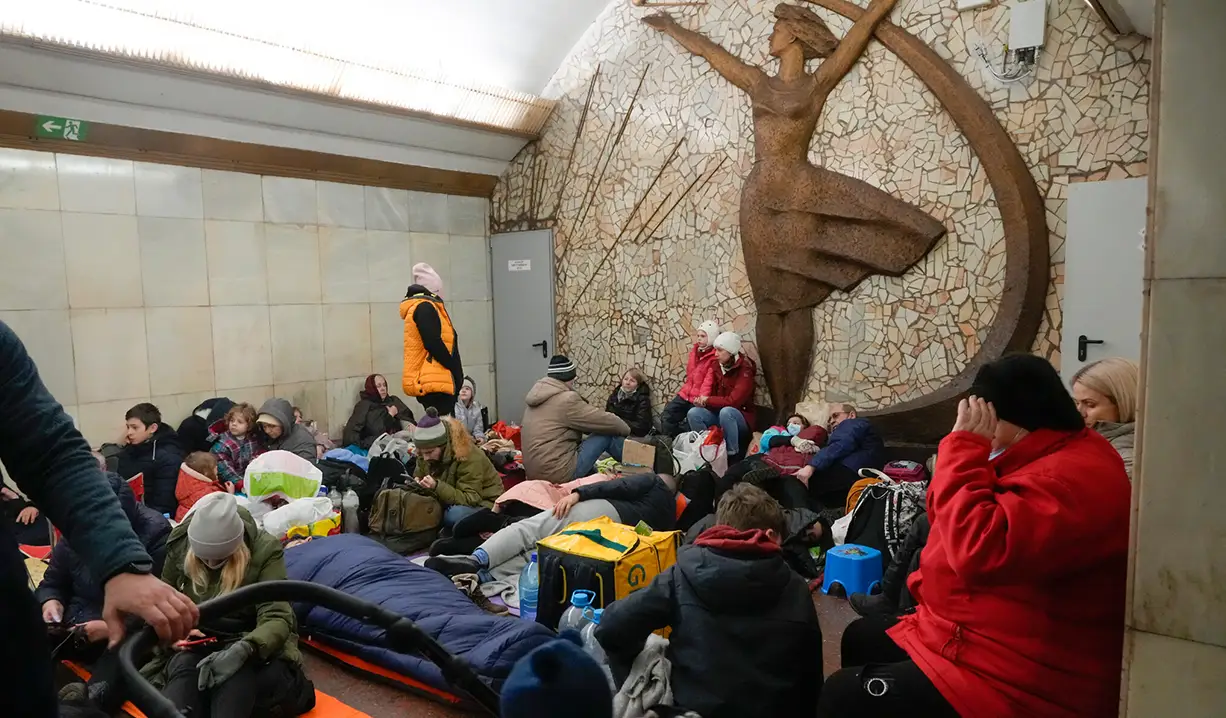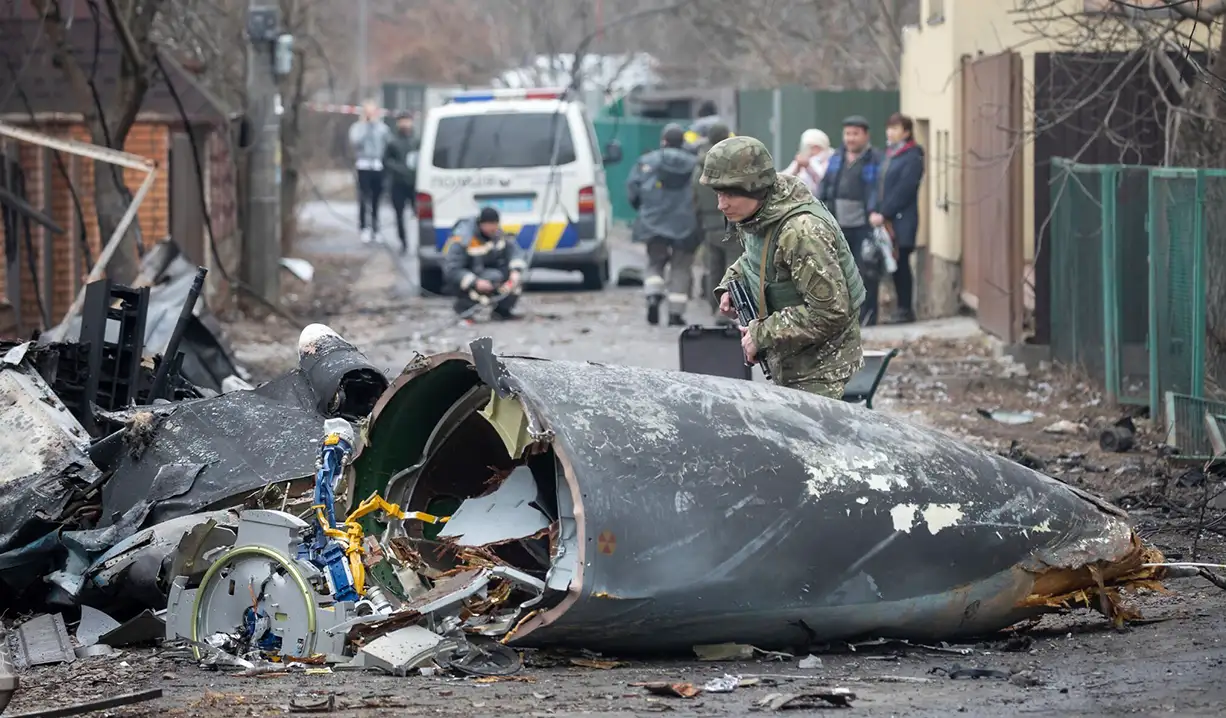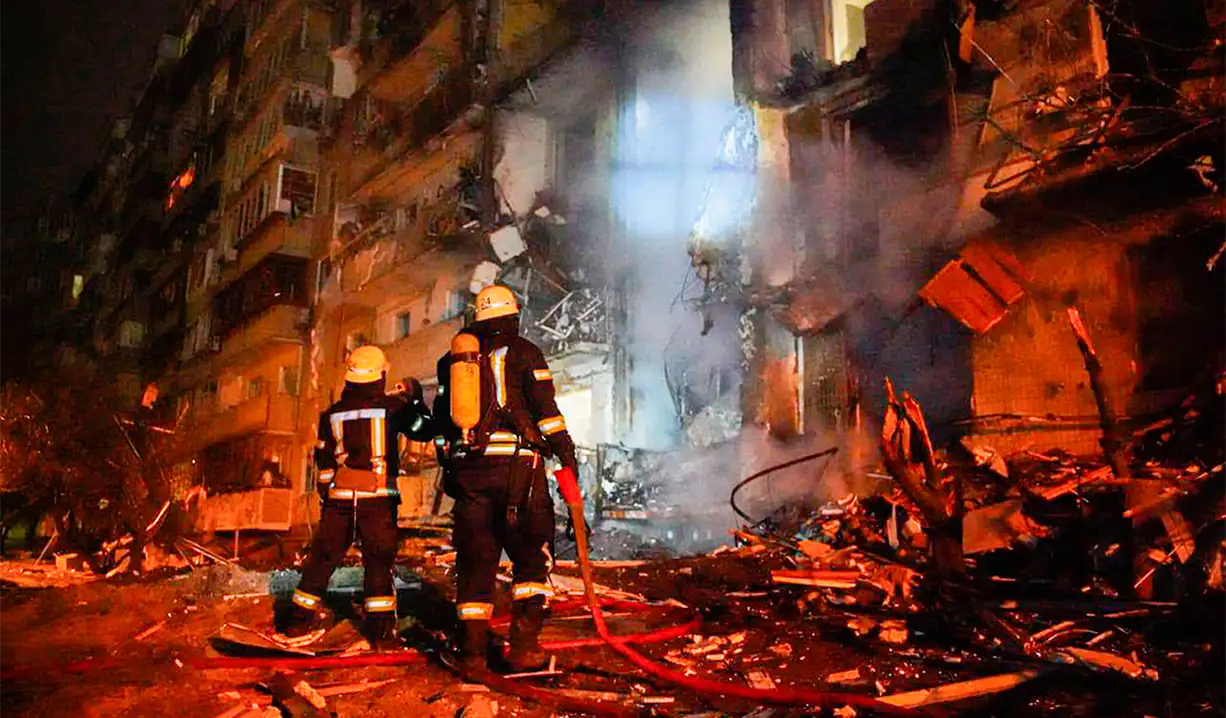Since both Ukraine and Russia know that they were going to war, the two countries started preparing their strategies.
And apparently, things not only happened on the air and on land, as on the internet, the two countries were also preparing for war.
All that were launched at their fullest the moment Russia started launching its first attacks on Ukraine's soil, under Russian President Vladimir Putin’s orders.
At one side, the internet is playing a crucial part in keeping people around the world informed about the war and its impact on human lives. On the other side, DDoS (Distributed Denial of Service) attacks were launched on Ukrainian websites, and a malware attack was reported affecting Ukraine border control in an attempt to slow down the process of refugees crossing borders.
In fact, Ukraine has been hit by more cyberattacks on government infrastructures and banks, which its officials said are "on a completely different level."
Some websites affected were defaced, with their homepage replaced with a warning to Ukrainians to "prepare for the worst".

This kind of cyberattacks have been used in various campaigns as a part of Russia's so-called "hybrid warfare" tactics, which combines cyberattacks with traditional military activities.
While Ukraine is being hit by cyberattacks, Ukraine’s volunteer “IT Army” started working to return the attacks, by launching their own campaigns against Russian and Belarusian government websites and their respective bank networks.
In other words, when the two countries launch missiles and trade fires, on the internet, war also has begun.
On February 24, the day the war began, Russia’s telecommunication regulator, Roskomnadzor, ordered local media to broadcast only state-verified information.
Roskomnadzor also warned the press to refrain from referring to the attack on Ukraine as an "assault, invasion, or declaration of war," or face penalties.
Russia has even restricted access to Twitter and Facebook, in order to control the spread of information around the country.
Russia’s argument is that some of these platforms are "censoring" its local media. And especially on YouTube, officials said that YouTube has imposed restrictions on state-owned channels RBC, TV Zvezda, and Sputnik.
As both people in Ukraine and citizens of Russia are trying to evade censorship, many started to use the privacy-focused browser Tor.
Ukraine President Volodymyr Zelensky also addressed Russian people through Telegram, knowing that it wasn’t likely that the neighboring country’s media would air his message to its citizens.
With communications that need to keep on going, Telegram CEO and founder Pavel Durov said that it's impossible for his platform to moderate all the swathe of misinformation being spread.
Because of this, Telegram briefly considered restricting the functionality of its channel feature in Russia and Ukraine.
And with the world that seems to follow or respond to whatever Putin is doing, tech companies from the West started to block propaganda accounts, pro-Russian groups, and anti-Ukrainian posts.
Google started removing state-owned RT media’s app from its Ukrainian Play Store. Google Maps has also disabled live traffic information in Ukraine, in order to stop broadcasting information about crowd density in different places for safety reasons.
Meta started restricting some Russian state media accounts in Ukraine from showing their ads on its platforms.
Meta's move was soon followed by platforms like Google, YouTube and Twitter, which have also started prohibiting Russian media from running ads on their respective platforms.
This happened as U.S. Senator Mark Warner wrote to major tech companies seeking a response about their efforts of limiting Russian misinformation campaigns.



At least during the first week of war, the internet situation in both countries is contrasting.
In Russia, the internet is known to be controlled by the authorities, and its officials have the power to control the flow of information when it comes to the internet.
And in times like this war, the government is increasing its effort to further curb the spread of information its officials think unnecessary.
Russia is trying to put guardrails around information that reaches its citizens, in order to prevent anything from happening locally, while it's government focuses on its issues with Ukraine and most of the world.
When Russia is trying to limit information, Ukraine is doing a total opposite.
When Ukraine President once said that Ukraine is "left alone," citizens are trying to make the world hear their voices.
And to do that, many rely on social media platforms.
It's worth noting that while the two countries are at war, not every cyberattack launched originated from the two. Some attacks can be traced to "patriotic" Russian hackers, hacker collective Anonymous, and others from elsewhere around the world.
Read: Prices Of Cryptocurrencies Fell As Soon As Russia Started Invading Ukraine: 'War Is Bad'
